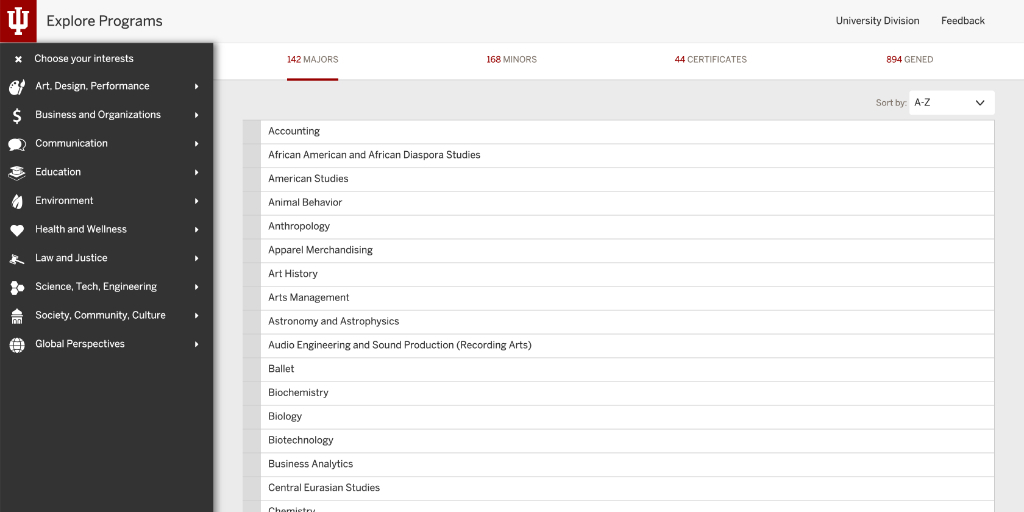Computational Linguistics Major Related Careers
The following careers are directly or indirectly related to the study of this major. Click the job title to learn more about it. To search for more career options, visit OnetOnline.org.
The goal of the Bachelor of Science in Computational Linguistics is to learn how language functions in order to develop computer programs that can comprehend and use language. Machine translation, text summarization that is done automatically, and intelligent computer-assisted language learning are examples of typical applications.
Computational linguistics, computer science, and linguistics foundations are covered in the major. Computational linguistics is a fascinating multidisciplinary topic that investigates and deals with the use of computers to process or produce human language and earning a degree in this field places you at the forefront of it.
For detailed information about this major and degree requirements, visit the departmental website and the College of Arts and Sciences Academic Bulletin.
Talk with a coach about your questions related to this major, your interests, and your career goals.
Schedule an appointment
University Division's Explore Programs tool is the place to go for academic information about any IUB major, minor, or certificate.
Open in Explore ProgramsThe following careers are directly or indirectly related to the study of this major. Click the job title to learn more about it. To search for more career options, visit OnetOnline.org.
John Holland developed a theoretical framework consisting of six general themes that describe broad areas interest relating to self and the working world. If you are interested in discovering your career interests, visit our Learn more about yourself page to learn about the Strong Interest Inventory.
This major consists of the following themes:
Below is a sampling of skills related to this major mapped from the Skillscan Driver Assessment. The SkillScan assessment provides a simple 3-step process to help you learn about your strengths and weaknesses, the skills you enjoy and want to use in a career and those skills needing development. Consider taking the SkillScan assessment to better understand your skills as it relates to majors at IU.
Our unique IU Career Guides offers the A-Zs of each field’s preferred educational backgrounds, as well as employment opportunities and insider tips, industry-related interview questions, and a lot more. Below are related career guides for this major.